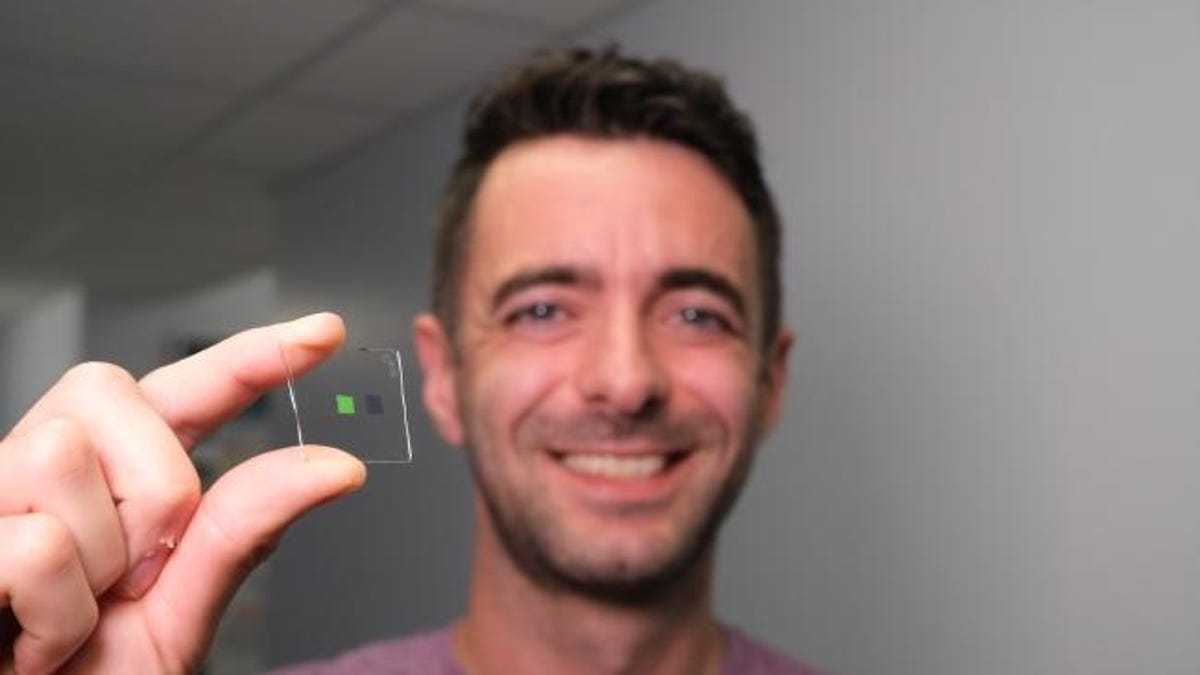Robot whisky tongue lashes back at hooch hustlers
In what may be the best-ever use of research grants, a team of scientists creates a cyborg sipper to counter counterfeiters.

An artificial tongue can tell the difference between counterfeit alcohol and the real thing.
Leave it to the Scots to crack down on crooked scotch. In a bid to stop the trade of counterfeit alcohol, scientists at the University of Glasgow have created an artificial tongue to taste-test different types of whisky.
In a release from the university's School of Engineering, lead paper author Alasdair Clark noted that though this isn't the first artificial tongue, his team is the first to incorporate two different types of nanoscale metal tastebuds.
"We call this an artificial tongue because it acts similarly to a human tongue -- like us, it can't identify the individual chemicals which make coffee taste different to apple juice, but it can easily tell the difference between these complex chemical mixtures," Clark said.
Using subatomic slices of gold and aluminum to test the tipples, the research team created tastebuds 500 times smaller than a human's, which were then able to successfully identify differences between drinks with greater than 99% accuracy. The tongue even had enough taste to tell the difference between a Glenfiddich 12-year-old whisky and a bottle of the 18-year-old variety.
Clark added that while whisky was the primary tasting subject for the experiment, the technology could also be used for food safety screenings and quality controls.

